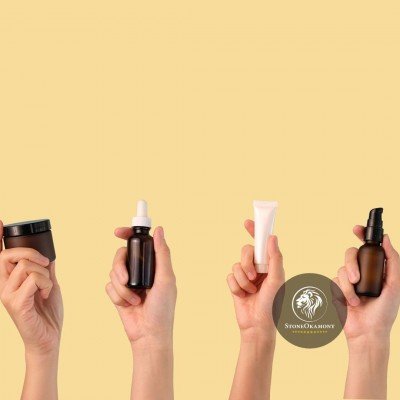
When it comes to our health and well-being, the safety and efficacy of the products we use play a fundamental role. Whether it's medication to treat a medical condition or a device to enhance quality of life, health products need to meet stringent requirements before they reach the shelves or are prescribed by healthcare professionals. In this article, we will explore the essential safety and efficacy requirements that these products must fulfill.
What you'll find in this blog:
Why is it essential to conduct safety and efficacy tests on health products?
It is necessary to conduct tests to verify the efficacy of health products before their commercialization or use. These tests are crucial to ensure that the products are safe for consumers and actually fulfill their intended purpose.
Safety tests assess whether the product poses unnecessary risks to users, including tests for toxicity, irritation, sensitivity, among others, depending on the type of product and its application.
Efficacy tests, in turn, verify whether the product is capable of delivering the desired or expected results for the condition it is intended to treat or prevent. This may include clinical trials in humans, case studies, reviews of scientific literature, and other forms of product performance evaluation.
Therefore, safety and efficacy tests are essential steps in the development and evaluation of health products, aiming to ensure the protection and well-being of end-users.
What are the main guidelines of Good Manufacturing Practices (GMP) in the health products industry?
Good Manufacturing Practices (GMP) for health products are a set of guidelines and standards that manufacturers must follow to ensure the quality, safety, and efficacy of these products. Although specific details may vary depending on the type of product and the region of the world, generally, GMP standards include the following aspects:
Quality Management: Manufacturers must establish and maintain a comprehensive quality management system that ensures compliance with applicable regulations and promotes continuous improvement of manufacturing processes.
Facilities and Equipment: Manufacturing facilities must be designed, constructed, and maintained according to appropriate standards of hygiene, safety, and environmental control. Equipment used in production must be suitable for its purpose and subject to regular maintenance.
Raw Material Control: There must be clear procedures for the selection, receipt, storage, and use of raw materials, ensuring that only materials of suitable quality are used in manufacturing.
Process Control: Manufacturing processes must be controlled to ensure the consistency and quality of the final product. This may include monitoring critical parameters such as temperature, pressure, and processing time.
Finished Product Control: There must be procedures for inspection, testing, and release of finished products, ensuring that they meet established quality standards before being made available on the market.
Storage and Distribution: Storage and distribution practices must be designed to protect products against damage, contamination, and deterioration during transportation and storage.
These are just some of the main common requirements, but it is important to note that specific regulation may vary from country to country and also depends on the type of health product in question, such as medical devices, drugs, biologics, among others.
What is the need for Company Operating Authorization (AFE) for health products?
Company Operating Authorization (AFE) is required for health products in Brazil to ensure that companies manufacturing, importing, distributing, or commercializing these products comply with the regulations of ANVISA (National Health Surveillance Agency). Obtaining the AFE demonstrates that the company complies with good manufacturing practices and meets the quality, safety, and efficacy requirements established by Brazilian legislation. This authorization is essential to ensure public health protection and consumer safety.
Do you have any questions remaining?
Trust in Stone Okamont's experience to ensure that this process promotes the safety and efficacy of your health products. We are ready to be your reliable partner on this journey towards compliance and excellence.
Want to know the ideal path
FOR YOUR COMPANY?
Request a quote here.






